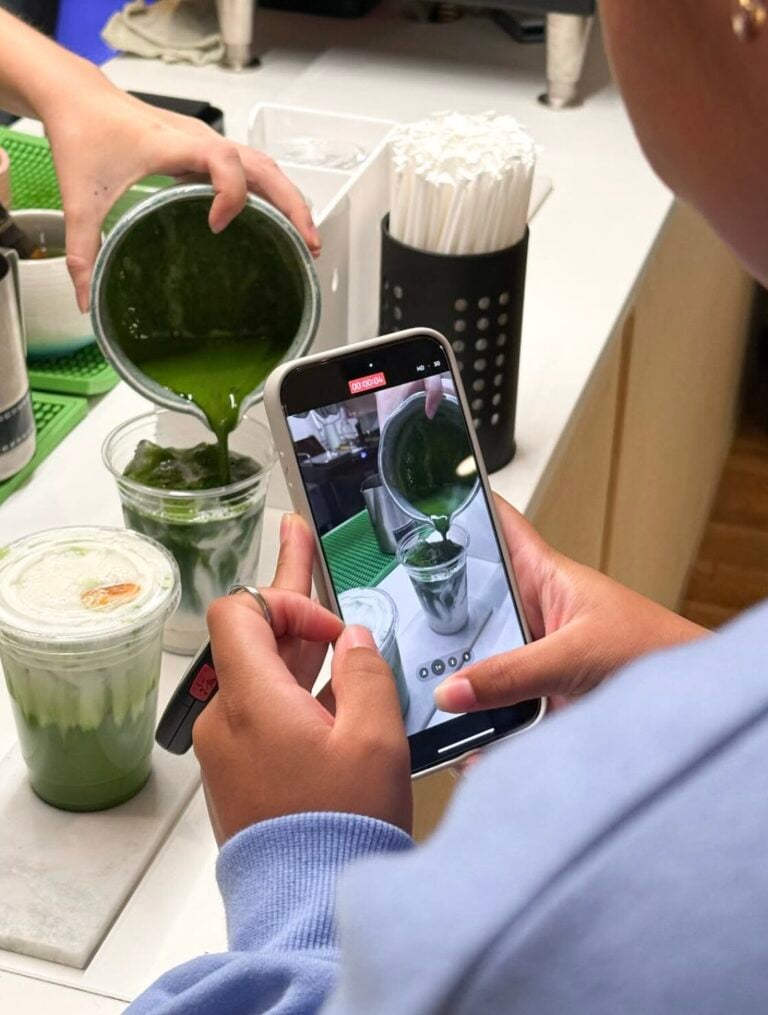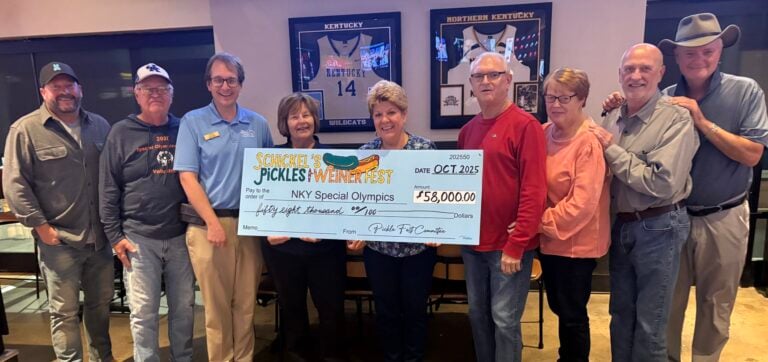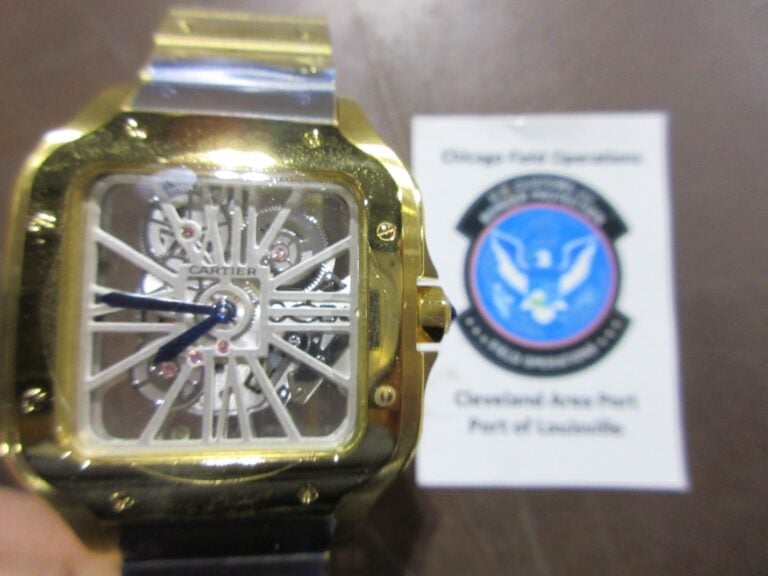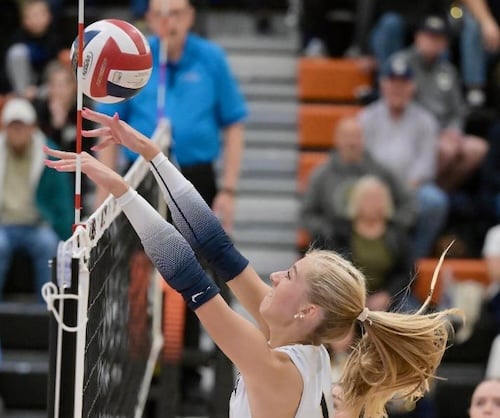The Kentucky Department of Fish and Wildlife Resources is looking for a few good bass.
Not just any largemouth bass, however. The hunt is on for the wall-hanging, line-busting fish that anglers in the local tackle shop will talk about for years.
The reason is simple: Big bass produce big bass. Kentucky Fish and Wildlife wants anglers to donate their live trophy bass so the department’s hatcheries can use them to produce new generations of oversized fish. In return, anglers will receive a replica mount of their bass.
“I wanted to figure out how we could do a better job of propagating larger bass in Kentucky,” said department Fisheries Director Ron Brooks. “So this kind of program just makes sense. People have been breeding animals forever to optimize the size of the animal, so why not do this with largemouth bass?”

Anglers for years have lobbied for Kentucky to stock the jumbo-sized Florida strain largemouth bass in the state’s waters. However, Kentucky doesn’t have the same kind of climate as Florida, so that variety of bass would not do as well here.
“If we had the same kind of year-round temperatures as Florida, then we’d be stocking Florida-strain bass,” Brooks said.
The best alternative is spawning native fish with proven genetics to grow big. Kentucky’s program will only accept female bass weighing more than 8 pounds, and male bass weighing more than 6 pounds. Fish this size generally exceed 22 inches in length.
Anglers wishing to participate should take their trophy bass to a participating bait shop, where employees will hold fish in aerated bait tanks until a Kentucky Fish and Wildlife employee can pick up the bass and take it to a hatchery.
“We don’t want anglers to leave their trophy bass in a livewell or keep it a fish basket on the bank for an extended period of time, because we don’t want the fish to succumb to stress,” Brooks said. “We’re asking people to handle these fish with kid gloves and bring them to a participating bait shop as soon as possible.”
After the bass spawn, hatcheries will raise young fish until they reach 5 inches long. Then employees will stock the bass in lakes around the state, including the lakes where the parent fish were originally caught.
“This won’t mean that every largemouth bass spawning in Kentucky will have trophy bass genes,” Brooks said. “That would be a long way off. But in the immediate future, it will mean the fish we’re stocking to augment the natural spawning will be a higher quality of fish as far as growth potential.”
A list of the participating bait shops and more information about the trophy fish program can be found on the department’s website. Search under the keywords, “Trophy Bass Propagation Program.”
From F&W Communications





















